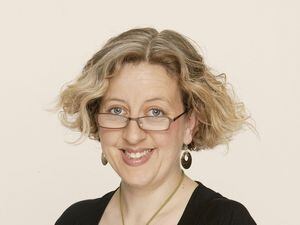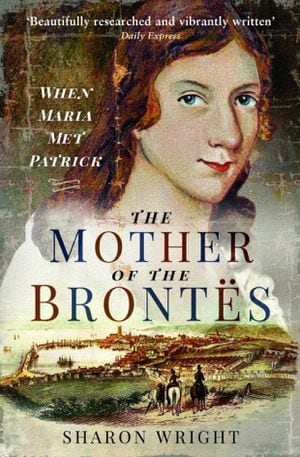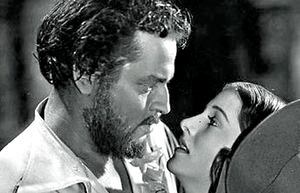Shropshire's vital role in creating Bronte classics revealed
No Wuthering Heights, no Jane Eyre, no Emma – in fact no books at all by the Bronte sisters without the vital part Shropshire played in the Bronte story.

It is revealed in a new book by author Sharon Wright who shines the spotlight on a largely overlooked character, the mother of Charlotte, Emily, and Anne Bronte, the sisters who penned the classic novels which are still much loved today.
It uncovers the critical role of a Shropshire "fixer" and there's even a bit of juicy Shropshire scandal mixed in to the tale of the famous family.
"The Mother of the Brontës" is the first biography of Maria Branwell, later Mrs Brontë, revealing a remarkable woman who, partly because she died tragically young, has spent 200 years in the shadow of her extraordinary children, yet who has remained an enigma while the fame of the three daughters has spanned the world.
Sharon says: “It was Shropshire that gave us the Brontës. When I set out to write the first biography of enigmatic Mrs Brontë I soon realised that without the Shropshire connection, her remarkable family would never have existed.

“The events in Shropshire in the early years of the 19th century drew the parents of genius together – amazing when you consider they were of such different classes and birthplaces that the chances of them ever crossing paths otherwise, let alone falling in love, were vanishingly small.
“Key people and events in the county set Cornishwoman Maria and Ulsterman Patrick Brontë on a collision course that resulted in world-changing love story.
"Without the powerful Mary Fletcher of Madeley pulling the strings, Charlotte, Emily and Anne Bronte would never have been born. Wuthering Heights, Jane Eyre and The Tenant of Wildfell Hall would never have been written.”
So what were these all-important Shropshire connections?
Bradford-born Sharon, an author, journalist and playwright now living in London, says: "As a curate in Shropshire in 1809, the Rev Patrick Brontë was drawn into the charmed ‘Madeley circle’ of influential Wesleyan preacher and fixer Mary Fletcher.
This included headmaster John Fennell, who was Maria’s uncle, and William Morgan, Patrick’s fellow curate at All Saints Church, Wellington. Patrick and William were Evangelicals but not Methodists.

"Mary, widow of John Wesley’s best friend John, arranged for John and Jane Fennell to be the first headmaster and matron of Woodhouse Grove School, a Methodist boarding school near Bradford, in 1812. Aunt Fennell invited Maria, who hailed from Penzance, to the Grove to help with duties and be a companion to her cousin, Jane.
"Mary also helped Patrick and best friend William to get curacies in West Yorkshire. William was engaged to Maria’s cousin Jane and recommended Patrick as the Grove’s external examiner.
"Maria met Patrick at the school in early summer 1812. A whirlwind romance and Christmas wedding led to six children, including Charlotte, Emily and Anne Brontë.
"Maria’s older sister Jane married John Kingston, a travelling Wesleyan preacher, and they moved to Shrewsbury. He was found guilty of embezzlement and ‘very vile’ behaviour towards two young men – code for sodomy, a hanging offence.
"He was thrown out of the Methodist Conference in 1807 and fled to America with Jane and their children. The scandal was hushed up but may have contributed to the death of Maria’s father, a Methodist merchant of Penzance, just months later."
"The Mother of the Brontës" is published by Pen & Sword and costs £19.99.
